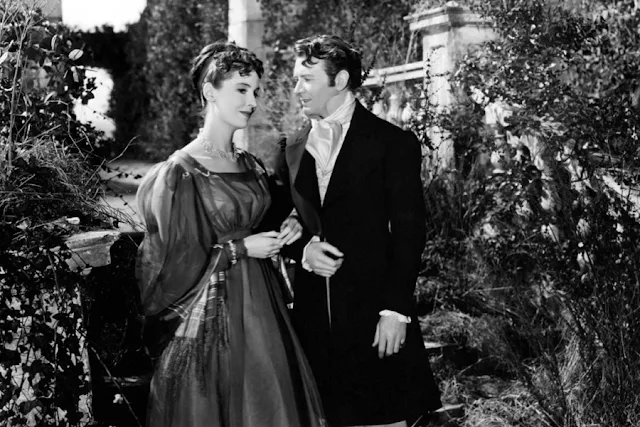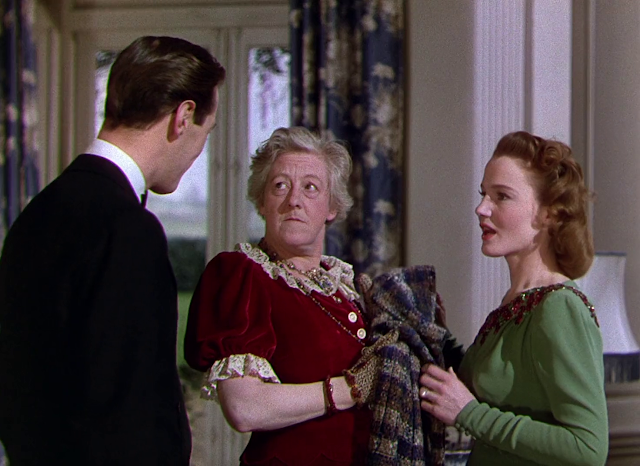 |
| Burt Lancaster and Nick Cravat in The Crimson Pirate |
All flashing blue eyes and white teeth, Burt Lancaster swashbuckles in The Crimson Pirate like no one since the elder Douglas Fairbanks -- some of whose acrobatic gags were borrowed by the movie. It's one of those kids' movies for all ages, with only just enough mushy stuff between Lancaster and Eva Bartok to hold adult interests. Actually, the real romance here is between Lancaster's Captain Vallo and Nick Cravat's Ojo, the latter a mute lieutenant to the dashing pirate captain. Some of the funniest sequences involve the movements in sync of the six-foot-one Lancaster and the five-foot-four Cravat -- the two once had a circus act together. There's perhaps more plot than the movie absolutely needs, involving the pirates coming to the aid of the anti-monarchical rebels on the mythical Caribbean island of Cobra. There Vallo, aka The Crimson Pirate, meets Consuelo (Bartok), the daughter of the rebel leader El Libre (Frederick Lester). Meanwhile, mutiny brews aboard Vallo's ship, fueled by his first mate, Humble Bellows (Torin Tatcher), disgruntled by the fact that Vallo's involvement in politics has got in the way of their routine piratical pursuits of treasure. Eventually, with the aid of a scientist, Prof. Elihu Prudence (James Hayter, Vallo and Ojo vanquish both the mutineers and the forces of the king, led by Baron Gruda (Leslie Bradley), by using the professor's scientific innovations, such as a hot-air balloon and nitroglycerin, as well as the theory that a capsized boat might hold enough air to be used as a kind of submarine. (That last gag was borrowed for the 2003 movie Pirates of the Caribbean: Dead Man's Chest. It was later proved unfeasible on the Mythbusters TV show.) The Crimson Pirate was the kind of hit it deserved to be.































